Stories from Silent Survivors of Divine Punishment: Faith and Loomy Juice (Pt. 2)
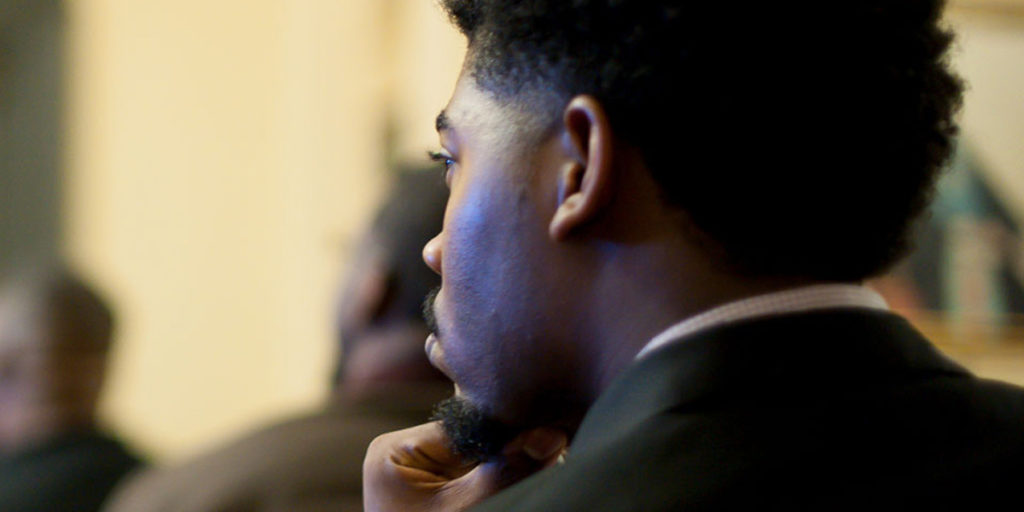
I’ve heard people say the story of our lives is best told in the snapshot of those who show up for our funeral. Final services for members of the LGBTQ+ community in the South are often layered with stigma and controversy. Due to grief (and sometimes denial), families often eulogize the person in a way that is more reflective of who they wish the person was (rather than who they actually were at the time of their passing).
Stories from Silent Survivors of Divine Punishment: Faith and Loomy Juice (Pt. 1)

In the mid 2000s, Loomy juice was an increasingly popular natural drink, rumored to contain ingredients with organic healing qualities. Sam seemed to drink multiple bottles a week, combining every swallow with his incredible faith. I would later come to find out why he felt he needed both to survive.
Stories from Silent Survivors of Divine Punishment: It’s Just Us, Anthony

Ted Winn, a gospel artist who grew up in Black churches, has known between 40 and 50 people who lost their lives to HIV/AIDS. He says, “I choose to not allow them to be ‘othered’ or described as deviants, but people who were seeking love, relationship, affirmation, and happiness.”
Stories from Silent Survivors of Divine Punishment: JJ and Lamont

The denial of HIV’s early impact was so severe in some African American faith communities that ‘church cancer’ became the colloquial term used when explaining the cause of death for the formerly embraced, now stigmatized (and socially-abandoned) gay men who passed away from AIDS complications.
Uncovering ‘Church Cancer:’ Stories from Silent Survivors of Divine Punishment
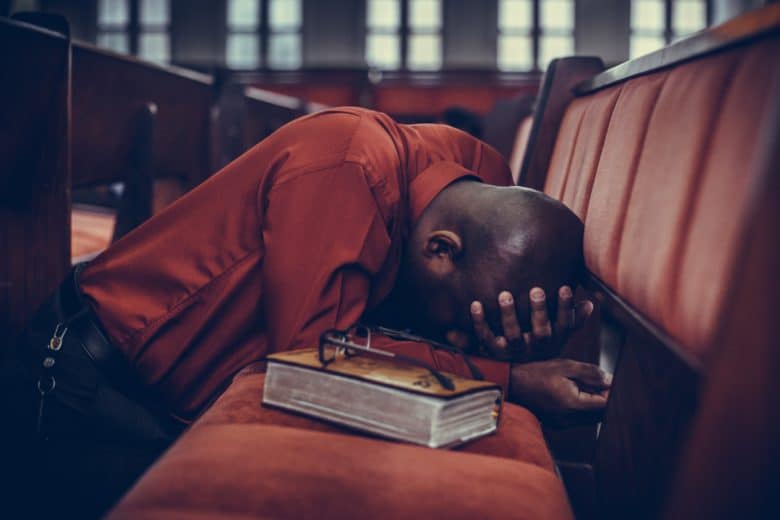
The denial of HIV’s early impact was so severe in some African American faith communities that ‘church cancer’ became the colloquial term used when explaining the cause of death for the formerly embraced, now stigmatized (and socially-abandoned) gay men who passed away from AIDS complications.
Randevyn Pierre discusses “Black Healthcare Stigma and Its Impact: Fowlkes’ 40-Year Fight for Health Equity in HIV”
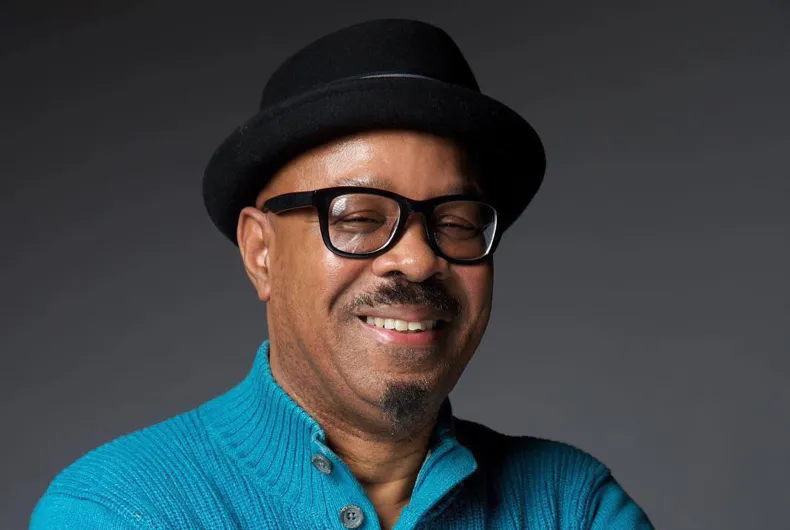
“Imagine working in an office where you know that everyone who comes through the doors is gonna die.
I remember telling one of my clients who was dying that I didn’t know if I could continue doing the work anymore, because I wasn’t making a difference and I couldn’t keep watching people die.
He told me I had an obligation to help everyone I saw, even if I only saved one life in all the time I worked in HIV/AIDS. That was over 30 years ago.” – Earl Fowlkes
Randevyn Pierre discusses “Black Healthcare Hesitancy and Its Impact: From the Desk of the Author”
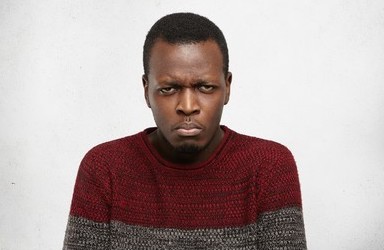
Randevyn Pierre has collected and shared the experiences of a number of African Americans around healthcare hesitancy and medical mistrust.
In this piece, he exposes his own thoughts and experiences in navigating his journey through the healthcare landscape.
Pierre also infuses key learnings from his public health knowledge as well as other accounts from interviewees.
Randevyn Pierre discusses “Black Healthcare Hesitancy and Its Impact The 100 Series”

Former President Barack Obama is famously quoted as saying, “we have more in common than we have things that divide us.”
This philosophy may or may not have moved the needle on this country’s politics around human decency, but perhaps it offers us a start to reducing healthcare hesitancy in exam rooms all over the United States.
Randevyn Pierre discusses “Black Healthcare Hesitancy and Its Impact Profile 104: Healthcare Through Angela’s Eyes (Part 2 of 2)”
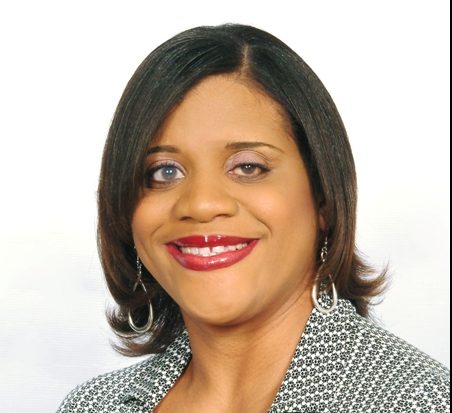
During Angela Braden’s battle to preserve her sight, the medical mistrust of her support system took an unexpected turn as her Black family immediately questioned the qualifications and competence of a Black physician. Soon thereafter, they were confronted with their worse fears.
Randevyn Pierre discusses “Black Healthcare Hesitancy and Its Impact Profile 104: Healthcare Through Angela’s Eyes (Part 1 of 2)”
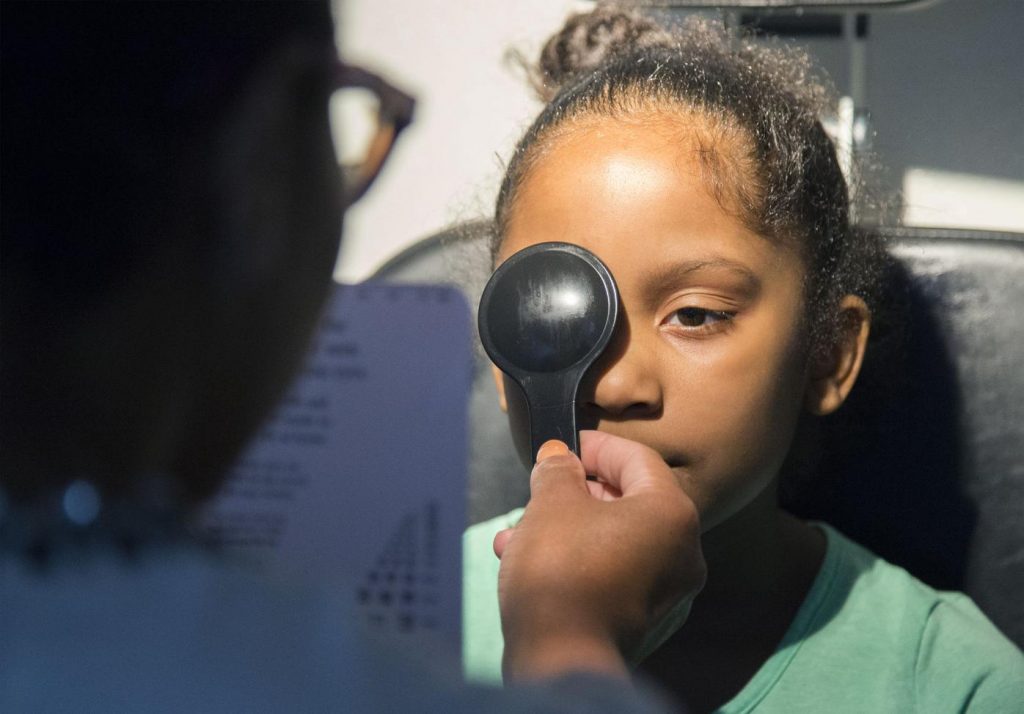
During Angela Braden’s battle to preserve her sight, the medical mistrust of her support system took an unexpected turn as her Black family immediately questioned the qualifications and competence of a Black physician. Soon thereafter, they were confronted with their worse fears.

